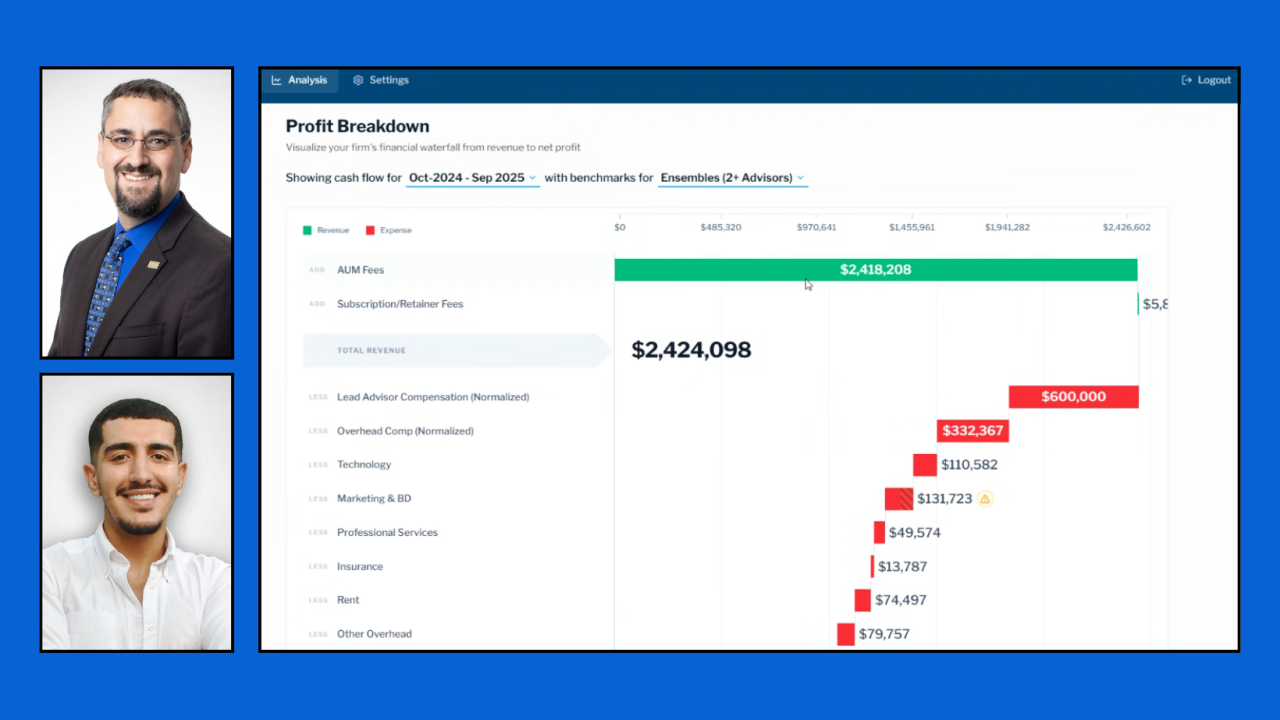Munder Capital Management of Birmingham, Mich. filed a registration statement May 9 for a new closed-end Internet fund, the Munder @Vantage Fund.
It will be only the second closed-end all-Internet fund to be brought to market. The first was the LCM Internet Growth Fund that was introduced in October 1999. The fund is managed by LCM Capital Management of Chicago and is LCM's flagship fund.
The Munder @ Vantage Fund will invest mostly in U.S. and non-U.S. companies that will significantly benefit or derive revenue from the Internet's advances in data processing and communication technologies, the filing said. The fund expects to invest in wireless communication and computing companies, fiber optic technology firms and digital consumer electronic companies.
But, the fund will also be allowed to invest up to 40 percent of its assets in privately- owned Internet-related companies that plan to conduct IPOs in the future, said the filing. The filing defines "future" as within several months to several years of the time the fund purchases a stake in such privately-held companies.
Prospectus guidelines also allow Munder to invest up to 20 percent of the new fund's assets in the securities of private investment funds that invest primarily in venture capital companies.
But unlike Munder's other now well-known mutual fund that invests in companies in Internet-related businesses - the Munder NetNet Fund, and its new sibling, Munder International NetNet Fund which was introduced April 10 - because of its anticipated investments in non-public companies, the Munder @Vantage Fund will be a hybrid closed-end fund called an interval fund. An interval fund has characteristics of both open-end and closed-end funds.
An interval fund is like a closed-end fund in that its portfolio is not liquid. The fund does not allow for daily redemptions. Instead the Munder @ Vantage Fund will hold quarterly redemptions and allow investors to redeem up to five percent of the fund's total shares. But unlike a traditional closed-end fund, shares of this and other interval funds do no trade on a stock market. Like an open-end mutual fund, the Munder @ Vantage Fund will be continuously offered for sale.
"With any group of stocks that are extremely volatile, a closed-end structure can be valuable for the manager, and these (Internet) stocks have the potential to be volatile," said Gregg Wolper, a fund analyst with Morningstar, the fund data company in Chicago.
Officials at Munder Capital did not return calls seeking comment on the new fund.
Munder, with total assets under management of about $62 billion, manages both institutional and retail assets, including a family of 30 mutual funds. Munder was an early believer in the Internet and launched one of the first two Internet-only mutual funds that invested exclusively in Internet-related businesses. That fund, the Munder NetNet Fund was introduced in August 1996.
But even Munder Capital Management was a bit unsure about the new fund's viability, initially keeping the NetNet Fund as a separate fund not exchangeable with shares of any of the other Munder mutual funds.
In June 1998, the success of Munder's Internet fund was becoming apparent and Munder introduced additional loaded share classes on the NetNet Fund, propelling the fund into the intermediary-distributed sales channels. The Munder NetNet Fund's 1999 performance of 175.7 percent brought in a flood of assets and Munder closed the fund on April 17. As of May 17, it had more than $8 billion in assets.
By that time, another new Munder Internet fund, the Munder International NetNet Fund, had finished its first week on the market. Like the NetNet Fund, the international fund invests in the Internet sector, but in companies based in other countries, according to Ramy Shaalan, mutual fund analyst with Wiesenberger/Thomson Financial, a fund data company in Rockville, Md. The fund, however, can invest up to 35 percent of its assets in domestic companies, said Shaalan.
The five-member investment management team that manages the Munder NetNet Fund also manages the Munder International NetNet Fund and a broader technology fund Munder introduced last October, the Munder Future Technology Fund. That same team will manage the Munder @ Vantage Fund.
The Munder Future Technology Fund has a wider investment mandate that allows it to invest in computer, semiconductor and communications companies as well as in firms that manufacture or provide Internet products or services.





